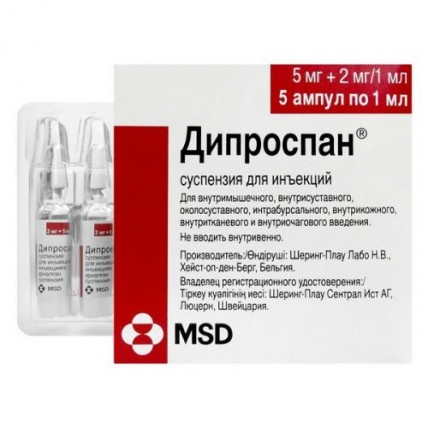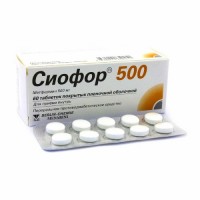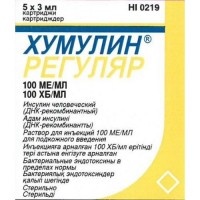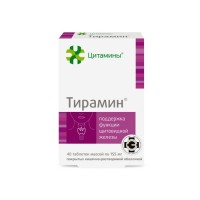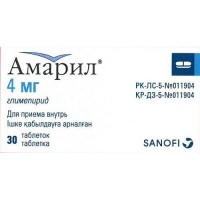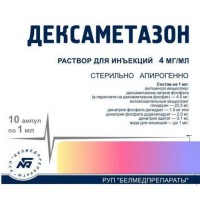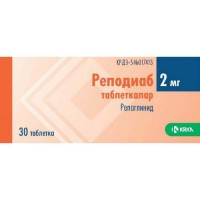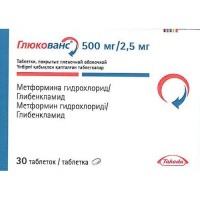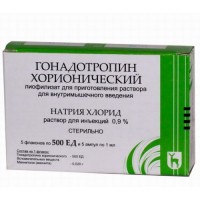Diprospan® (Betamethasone) 1 ml x 5 ampoules
- $80.00
Common/Other brand names: Celestone® (USA), Betaspan® Depot, Betaject® (Canada), Celestone Soluspan® (Australia), Betnesol Injection® (India), Betamethasone L.A.® (Argentina), Betamed® (Poland), Betadol® (Mexico)
What is Diprospan®?
Diprospan® is a medicinal suspension designed for injection, containing Betamethasone, a potent corticosteroid that works by reducing inflammation and modulating the immune system.
This makes it highly effective in treating a wide range of inflammatory and autoimmune disorders.
Betamethasone in Diprospan® helps manage symptoms such as pain, swelling, and allergic reactions that occur due to conditions involving the joints, skin, and soft tissues.
It combines two types of Betamethasone—Betamethasone sodium phosphate, which provides fast-acting relief, and Betamethasone dipropionate, which ensures a longer-lasting effect.
This unique combination makes Diprospan® suitable for both immediate symptom relief and sustained treatment.
Diprospan® is often chosen because of its versatility; it can be administered through various types of injections, including intramuscular (into the muscle) or directly into the affected joint or tissue.
This allows for highly targeted treatment that can either provide systemic effects throughout the body or local relief precisely where it's needed most.
How Does Diprospan® Work?
Diprospan® contains two forms of Betamethasone: Betamethasone dipropionate and Betamethasone sodium phosphate. Betamethasone sodium phosphate is rapidly absorbed and acts quickly to provide relief, while Betamethasone dipropionate has a slow absorption rate, offering sustained anti-inflammatory effects over time. This combination provides both immediate and extended relief from symptoms.
What Conditions Can Diprospan® Treat?
Diprospan® is versatile and used in the management of various medical conditions, including:
- Musculoskeletal Disorders: Rheumatoid arthritis, osteoarthritis, ankylosing spondylitis, bursitis, tendinitis, and gout.
- Allergic Reactions: Bronchial asthma, allergic rhinitis, and angioedema.
- Dermatological Conditions: Psoriasis, dermatitis (atopic, contact), keloid scars, and alopecia areata.
- Autoimmune Disorders: Systemic lupus erythematosus, scleroderma, and dermatomyositis.
- Hematological and Oncological Uses: Palliative treatment of leukemia and lymphomas.
- Endocrine Disorders: Adrenogenital syndrome and adrenal insufficiency.
How is Diprospan® Administered?
Diprospan® is administered by injection, and the route depends on the condition being treated:
- Intramuscular Injection: Used for systemic effects, typically injected deeply into the gluteal muscle. The initial dose is often 1-2 ml, adjusted based on patient response.
- Local Injection: It can be administered directly into inflamed joints, tendons, or lesions for localized treatment. Dosages are determined based on the size of the joint or lesion, with smaller doses for smaller areas.
- Dermatological Injections: For skin conditions, the suspension is injected intradermally into the affected area, ensuring a maximum weekly dose of 1 ml.
What are the Recommended Dosages?
- Rheumatologic Conditions: 1-2 ml for initial systemic treatment, with possible adjustments depending on the condition.
- Allergic Reactions: 1-2 ml for conditions like asthma or allergic rhinitis, which usually provides relief within hours.
- Joint Injections: The dose varies depending on the joint size—1-2 ml for larger joints (e.g., knee), 0.5-1 ml for medium joints (e.g., elbow), and 0.25-0.5 ml for smaller joints (e.g., fingers).
What Side Effects Should I Be Aware Of?
Like other glucocorticosteroids, Diprospan® can cause side effects, particularly with long-term or high-dose usage. Common side effects include:
- Electrolyte Imbalance: Fluid retention, low potassium levels, and increased blood pressure.
- Musculoskeletal Issues: Muscle weakness, osteoporosis, and potential tendon ruptures.
- Gastrointestinal Symptoms: Ulcers, hiccups, and pancreatitis.
- Dermatologic Effects: Thinning of the skin, delayed wound healing, and increased susceptibility to infections.
- Endocrine Changes: Adrenal suppression, Cushing's syndrome, and menstrual irregularities.
- Neurological Effects: Insomnia, mood swings, and potential risk of psychosis.
How Should Diprospan® Be Stored?
Store Diprospan® in a place protected from light, at temperatures between 2°C to 25°C (35.6°F to 77°F).
It is crucial not to freeze this medication and to keep it out of reach of children.
The shelf life is two years, and it should not be used beyond its expiration date.
What Precautions Should I Take When Using Diprospan®?
- Infection Risks: Avoid using Diprospan® if you have an active infection, as glucocorticosteroids can mask the symptoms of infection and reduce immunity.
- Gradual Withdrawal: If used for an extended period, taper off the dose gradually under medical supervision to prevent adrenal insufficiency.
- Medical Conditions: Use cautiously in patients with diabetes, hypertension, osteoporosis, or those prone to gastrointestinal ulcers.
- Immunizations: Avoid live vaccines during treatment, as the immune response may be impaired.
Can Diprospan® Interact With Other Medications?
Yes, Diprospan® can interact with various drugs, including:
- Diuretics: May lead to potassium depletion.
- Estrogens: Could require a dose adjustment due to increased glucocorticoid activity.
- Nonsteroidal Anti-inflammatory Drugs (NSAIDs): Increase the risk of gastrointestinal ulcers.
- Anticoagulants: May either increase or decrease the effect of anticoagulants.
Always inform your healthcare provider about any medications or supplements you are taking to avoid potential interactions.
Are There Any Analogues to Diprospan®?
Yes, there are analogues to Diprospan®, one of the most common being Betaspan® Depot (Betamethasone). Betaspan® Depot also contains Betamethasone as its active ingredient, providing similar effects in terms of reducing inflammation and modulating the immune system.
The main distinction between Diprospan® and Betaspan® Depot lies in their inactive ingredients and formulation differences, which can influence how the medication works in the body.
Specifically, the inactive ingredients—such as stabilizers or preservatives—may slightly affect the absorption rate (how quickly the medicine is absorbed) and the duration of effect (how long the medicine remains effective in the body).
These differences do not impact the overall effectiveness significantly but might lead to minor variations in how the treatment acts over time.
We also supply Betaspan® Depot globally, providing an effective alternative for those seeking similar treatment benefits as Diprospan®
